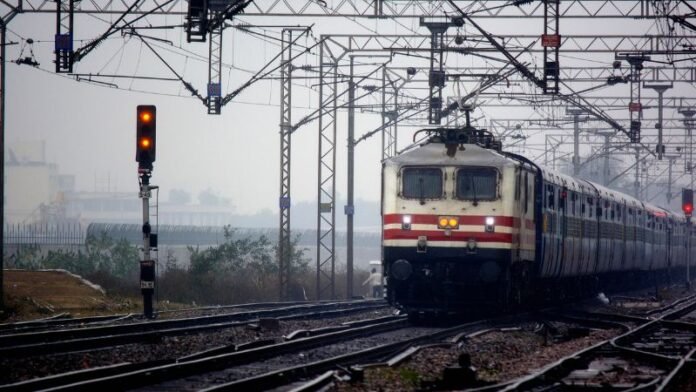India will construct the first two cross-border railway links with Bhutan at an estimated cost of ₹4,033 crore, officials announced on Monday. The initiative is part of New Delhi’s push to enhance regional connectivity, boost trade, and support Bhutan’s economic integration with South Asia.
The two projects will link Kokrajhar in Assam with Gelephu and Banarhat in West Bengal with Samtse, requiring the construction of about 90 km of railway lines. Work is expected to be completed within four years, Railway Minister Ashwini Vaishnaw and Foreign Secretary Vikram Misri said at a media briefing.
Gelephu, identified by Bhutan’s King Jigme Khesar Namgyel Wangchuck as the site of an autonomous economic hub with legislative, executive, and judicial powers, is central to Bhutan’s flagship development plan. Similarly, Samtse is being developed as an industrial hub. India has expressed strong support for both initiatives.
The new railway links will provide Bhutan direct access to India’s vast rail network, helping the landlocked country connect to Indian seaports and expand trade with third countries such as Nepal and Bangladesh. Observers also see the project as New Delhi’s strategic counter to China’s attempts to strengthen rail connectivity across the region.
“India is Bhutan’s largest trading partner, and most of its trade passes through Indian ports. Seamless rail connectivity will be vital for Bhutan’s economic growth and for giving its people better access to global markets,” Vaishnaw said.
The Kokrajhar–Gelephu line, about 70 km long, will include six stations and nearly 100 bridges, while the Banarhat–Samtse line, about 20 km long, will feature two stations and 25 bridges. Both lines will be equipped with advanced signalling systems and built for electrified Vande Bharat trains, serving both passenger and freight needs.
On funding, Misri clarified that India’s railway ministry will finance construction on the Indian side, while the short stretches within Bhutan (a little over two kilometres in each case) will be supported through India’s ₹10,000 crore allocation for Bhutan’s 13th Five-Year Plan (2024–2029).
Work, including land acquisition, will begin soon. The Land Ports Authority of India is also developing new Integrated Check Posts (ICPs) along the Bhutan border, with security arrangements to be finalized jointly by both nations.



